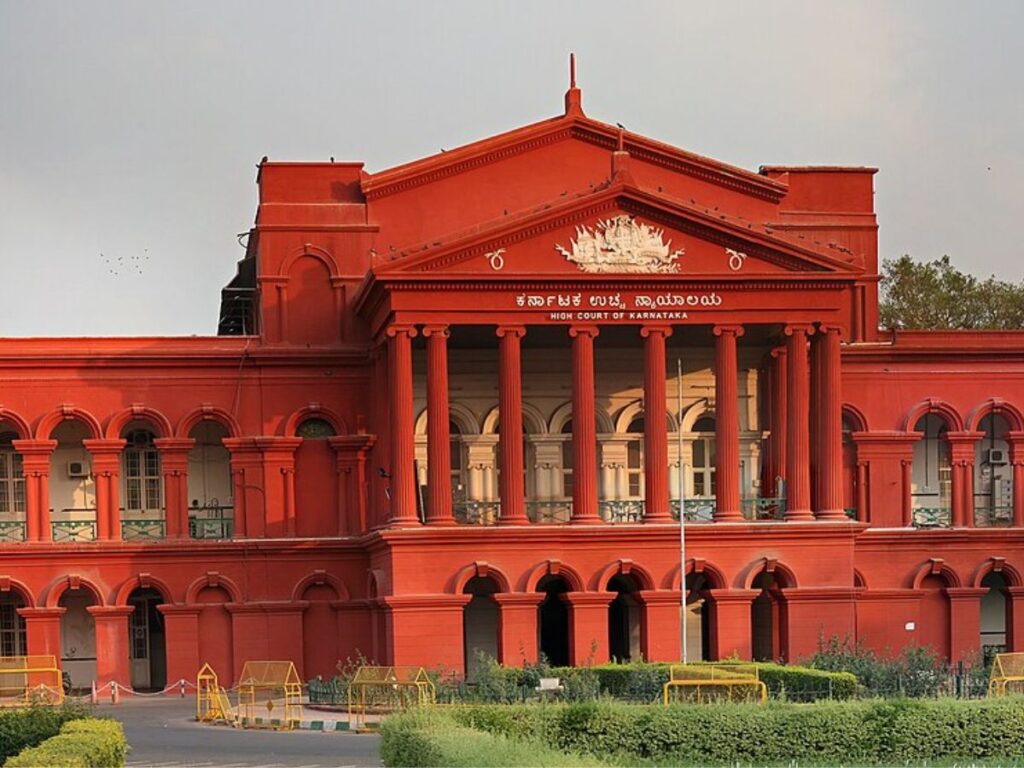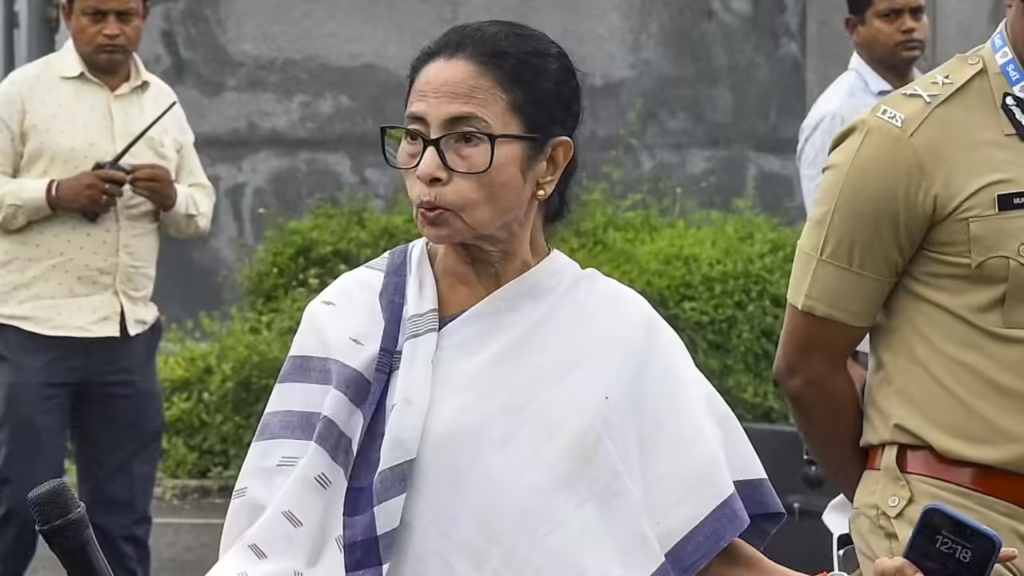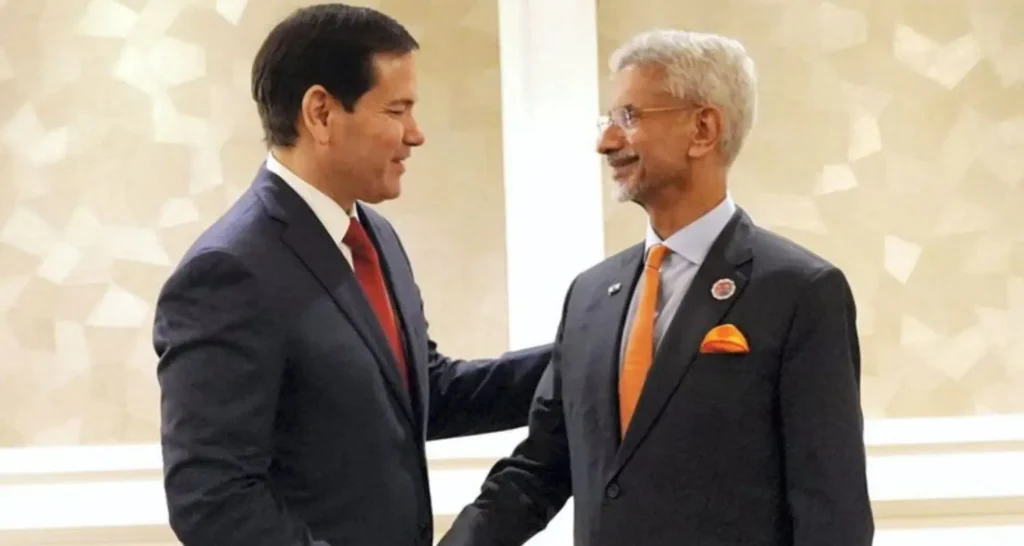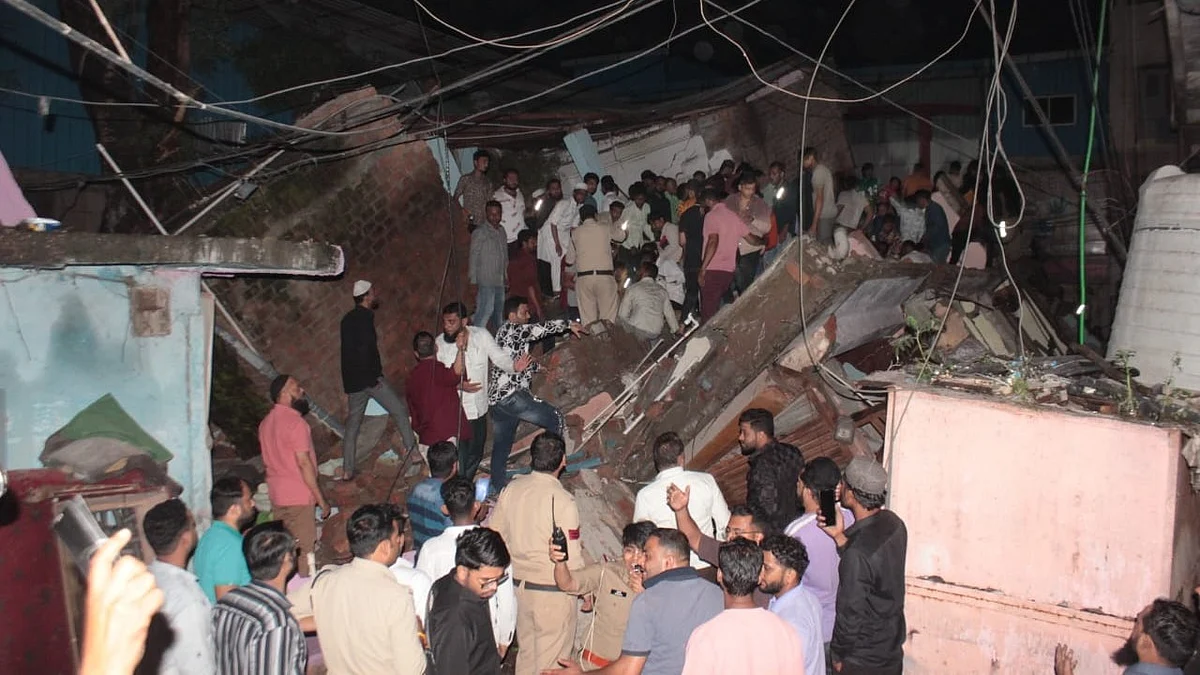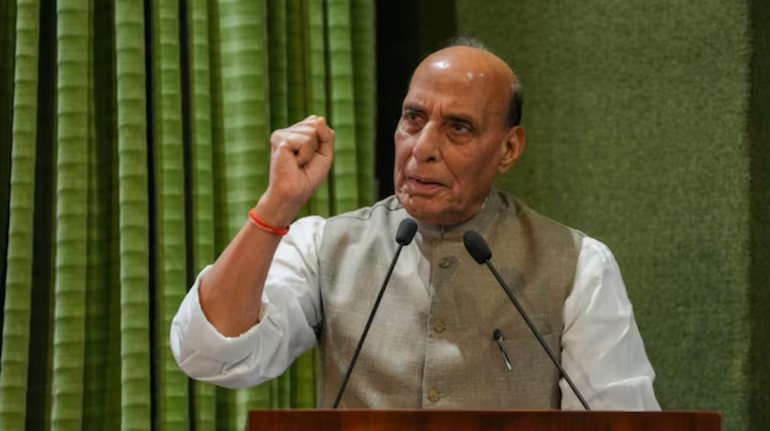Now Reading: Supreme Court Advocates Decriminalisation of Defamation, Citing Freedom of Expression
-
01
Supreme Court Advocates Decriminalisation of Defamation, Citing Freedom of Expression
Supreme Court Advocates Decriminalisation of Defamation, Citing Freedom of Expression
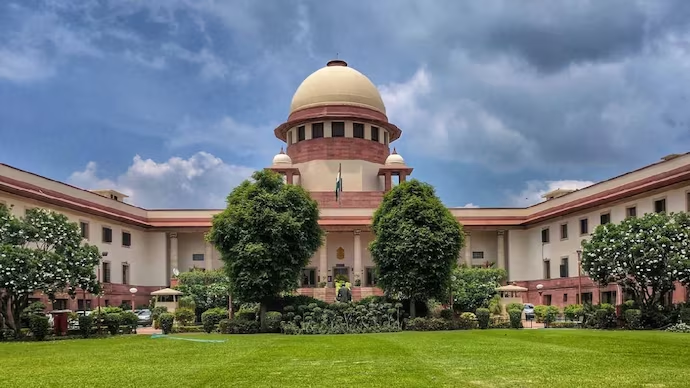
In a significant development, the Supreme Court of India has suggested that it may be time to decriminalise defamation, indicating a potential shift in the legal landscape concerning freedom of speech. The court’s observation came during a hearing of a petition challenging the criminal defamation proceedings against the news portal ‘The Wire’ and its journalist Ajoy Ashirwad Mahaprashasta. This move has sparked discussions about the balance between protecting individual reputations and upholding the fundamental right to free expression.
Background of the Case
The case revolves around a 2016 article published by ‘The Wire’ that alleged a dossier on an alleged sex racket at Jawaharlal Nehru University (JNU) was submitted by former professor Amita Singh. Singh filed a defamation suit against the portal and its journalist, leading to the issuance of summons by a trial court. The petitioners challenged these proceedings, arguing that criminal defamation is being misused to stifle journalistic freedom and public discourse.
Supreme Court’s Observation
During the hearing, a bench comprising Justices M.M. Sundresh and Satish Chandra Sharma remarked, “Time has come to decriminalise all this,” referring to the provisions under Section 499 of the Indian Penal Code that criminalise defamation. The court acknowledged the concerns raised by the petitioners about the misuse of defamation laws to suppress free speech. Senior advocate Kapil Sibal, representing the petitioners, highlighted the chilling effect such laws have on journalistic activities and public criticism.
Legal Context and Precedents
The Supreme Court’s observation marks a departure from its 2016 ruling, where it upheld the constitutional validity of criminal defamation laws, stating that the right to reputation is a fundamental right under Article 21 of the Constitution. However, the recent comments suggest a reconsideration of this stance, reflecting the evolving understanding of the balance between reputation and free speech.
Implications for Media and Public Discourse
Decriminalising defamation could have profound implications for media practices and public discourse in India. It may encourage more robust investigative journalism and open criticism of public figures and institutions without the fear of criminal repercussions. However, there are concerns about the potential for increased instances of defamation without adequate legal recourse for individuals whose reputations are harmed.
Conclusion
The Supreme Court’s suggestion to decriminalise defamation signals a pivotal moment in the ongoing dialogue between safeguarding individual reputations and upholding the right to free expression. As the legal community and society at large await further developments, this issue underscores the need for a nuanced approach that balances the protection of reputations with the fundamental right to freedom of speech.




